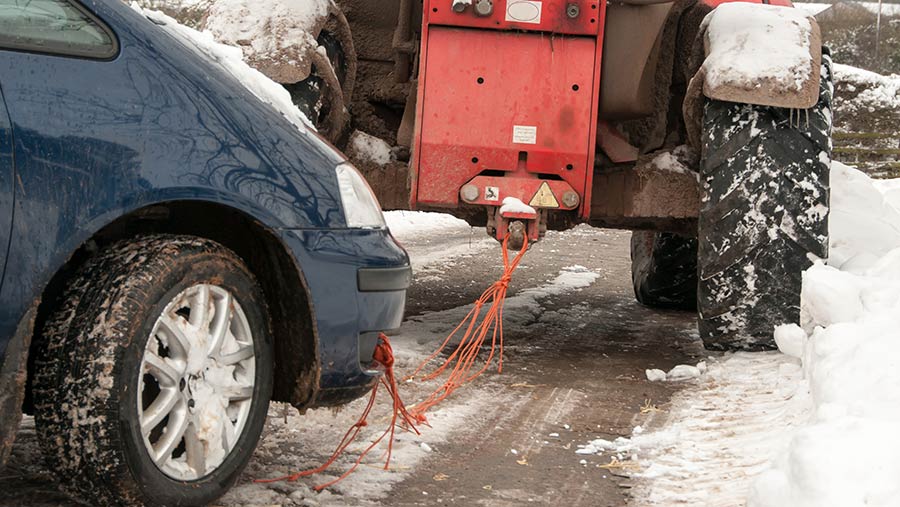Opinion: What value should farmers put on community engagement?
 © chelle129/Adobe Stock
© chelle129/Adobe Stock If sustainability on UK farms and rural estates is a three-legged stool, it has arguably been a little lopsided for some time.
There has understandably been a huge focus on improving environmental performance in response to climate change in recent years.
There has also been plenty of talk of the need for farms to become economically sustainable.
However, social value – which represents the third leg of the sustainability stool – has been somewhat overlooked.
See also: Opinion: Farmers getting plenty of mixed messages
About the author

Laura Olliff-Lee is a director with Strutt & Parker and heads up their Salisbury office. Here she explains why farmers may need to quantify their social value.
To address this, we need to understand what’s meant by social value and why it matters to famers and landowners.
There are lots of complex definitions, but it boils down to the positive benefits that a business or organisation produces for its local community and wider society.
Rural estates and farms often have a great story to tell. They are the beating hearts of their communities, providing jobs and homes, while often playing a critical role in maintaining the infrastructure of villages.
How many farmers and landowners, for example, cut the hedges around the village hall and church, host the local bonfire night, or provide car parking for community events?
Who do local residents turn to for help when their vehicles get stuck in floods or snow?
But why, beyond the feel-good reasons of doing so, should land managers think about their social value?
First, plenty of rural estates have let property, so there is often a valid financial incentive because of the direct link between building “great communities” and rising property values.
Another reason, given pressure on government budgets, is reminding politicians and policymakers of the wider contribution made by those who manage the land.
The Country Land and Business Association is currently working with the Countryside and Community Research Institute at the University of Gloucestershire to work out the value of community activities carried out by rural businesses, so it can calculate the cost savings to the state as a result.
Looking further ahead, it feels possible that a condition of supermarket contracts could be that farming businesses quantify their social value policies and set out how they propose to enhance their offering.
There is already a suggestion that grant funding applications may require this sort of information in future – remembering the all-important mantra of “public money for public goods”.
Quantifying social value is, of course, easier for some actions than others. For example, for farms and estates that support their tenants on low income by maintaining rents at a below-market level can show how their income foregone delivers social value.
It does become more difficult when you start trying to put a value on the permissive path for local dog walkers, painting doors and gutters to give a place a sense of identity, or providing a bench on the village green.
Various platforms are currently in development to enable this to be calculated in a more scientific, quantitative way, although, as we have seen with various carbon calculators, there is likely to be rigorous debate on the right methodology as these develop.
We may not have all the answers yet on social value, but the concept is clearly rising up the agenda.
If farms and estates can start to develop their understanding of the value they bring to their local communities, it could prove to be a hugely beneficial step.
